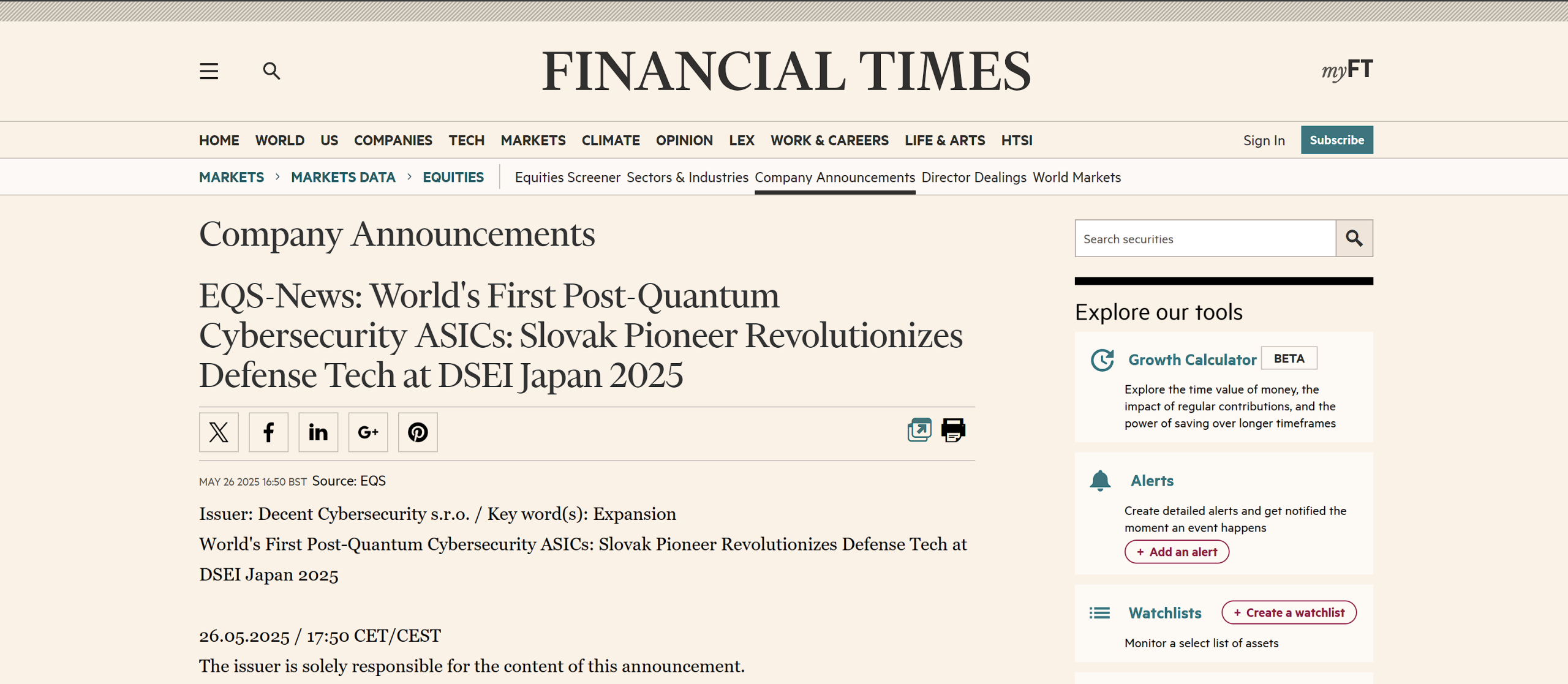Random number generation (RNG) is pivotal in cryptographic systems, underpinning the
security of digital communications and data protection. However, the rise of quantum
computing introduces unprecedented threats to conventional cryptographic practices, including
RNG. The quantum era necessitates a swift transition to post-quantum RNG to safeguard
information against quantum computing threats.
The Quantum Threat to RNG
Quantum computers, leveraging quantum mechanics, can solve certain problems exponentially
faster than classical computers. Shor’s algorithm, for instance, can factorize large numbers
efficiently, a capability that could render RSA encryption vulnerable. Grover’s algorithm poses a
threat to symmetric cryptographic algorithms by reducing the complexity of brute-force
searches. These quantum algorithms jeopardize RNG methods based on mathematical
predictability, emphasizing the urgency for post-quantum solutions (Bernstein, Lange, 2017).
Importance of Post-Quantum RNG
The development of post-quantum RNG is not merely a technical necessity but a strategic
imperative for national security and business integrity. Governments and businesses handle
sensitive data, including national secrets, personal information, and intellectual property. The
advent of quantum computing could enable adversaries to decrypt previously secure
communications and stored data, posing threats to national security, privacy, and commercial
competitiveness.
Current Approaches in Post-Quantum RNG
Research in post-quantum RNG focuses on quantum-resistant algorithms and leveraging
quantum phenomena for RNG. Lattice-based cryptographic methods, as investigated by Chen et
al. (2021), offer potential due to their resistance to quantum attacks. Another avenue is
Quantum Random Number Generators (QRNGs), which utilize the inherent unpredictability of
quantum mechanics for RNG, offering robust security against quantum threats (Herrero-
Collantes, Garcia-Escartin, 2017).
Challenges in Implementation
Adopting post-quantum RNG is not without challenges. Standardization, as emphasized by the
National Institute of Standards and Technology (NIST, 2022), is vital for ensuring global security
consistency. However, the selection of optimal algorithms is complex. Furthermore, integrating
these RNG methods into existing systems is a significant hurdle, requiring substantial
investment and technical expertise (Mosca et al., 2019).
Government and Business Response
Proactive steps are required from governments and businesses to transition to post-quantum
RNG. This includes investing in research, participating in standardization efforts, and updating
cryptographic systems. Governments must lead in policy-making and funding research, while
businesses need to assess their vulnerability to quantum attacks and upgrade their
cryptographic infrastructure accordingly.
Future Outlook and Conclusion
The post-quantum era represents a paradigm shift in cybersecurity. Post-quantum RNG is at the
forefront of this transformation, ensuring the security and privacy of digital communications in
the face of quantum computing. As the field evolves, a collaborative approach among
governments, businesses, and the academic community is essential to develop resilient
cryptographic systems that can withstand the quantum threat.
References
Bernstein, D.J., Lange, T. (2017). Post-Quantum Cryptography.
Chen, L. et al. (2021). Lattice-based Cryptography for Beginners.
Herrero-Collantes, M., Garcia-Escartin, J.C. (2017). Quantum Random Number Generators.
National Institute of Standards and Technology (NIST, 2022). Post-Quantum Cryptography
Standardization.
Mosca, M. et al. (2019). Quantum Threat Timeline.







